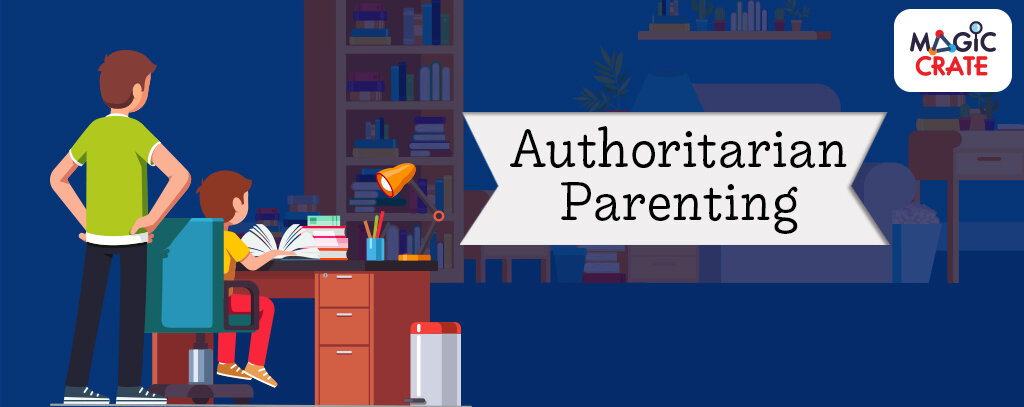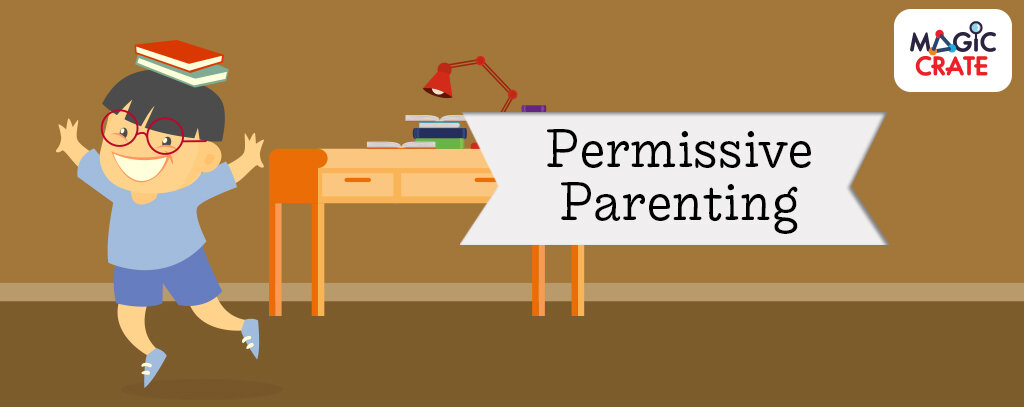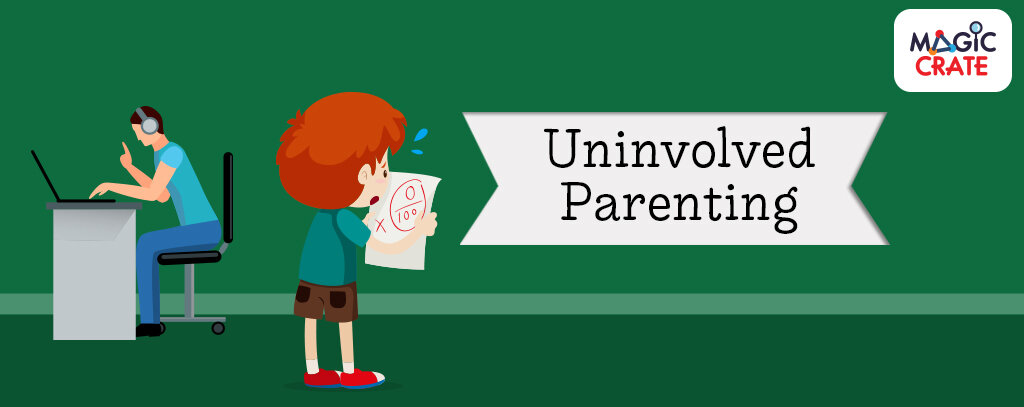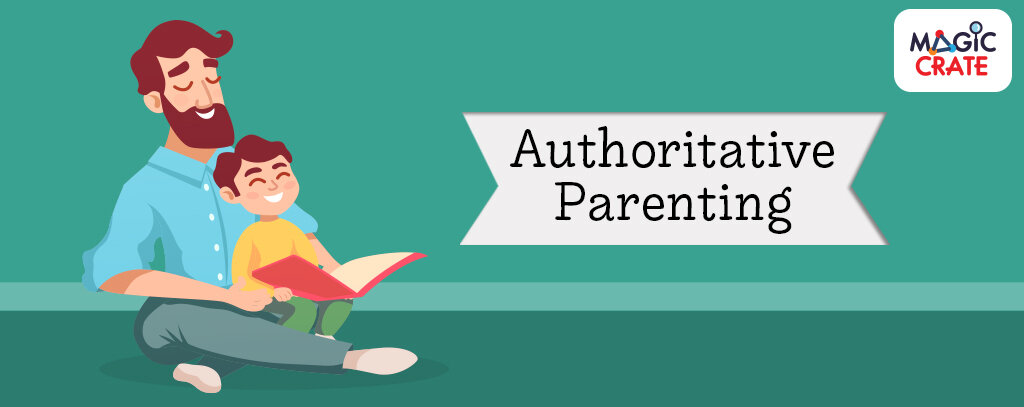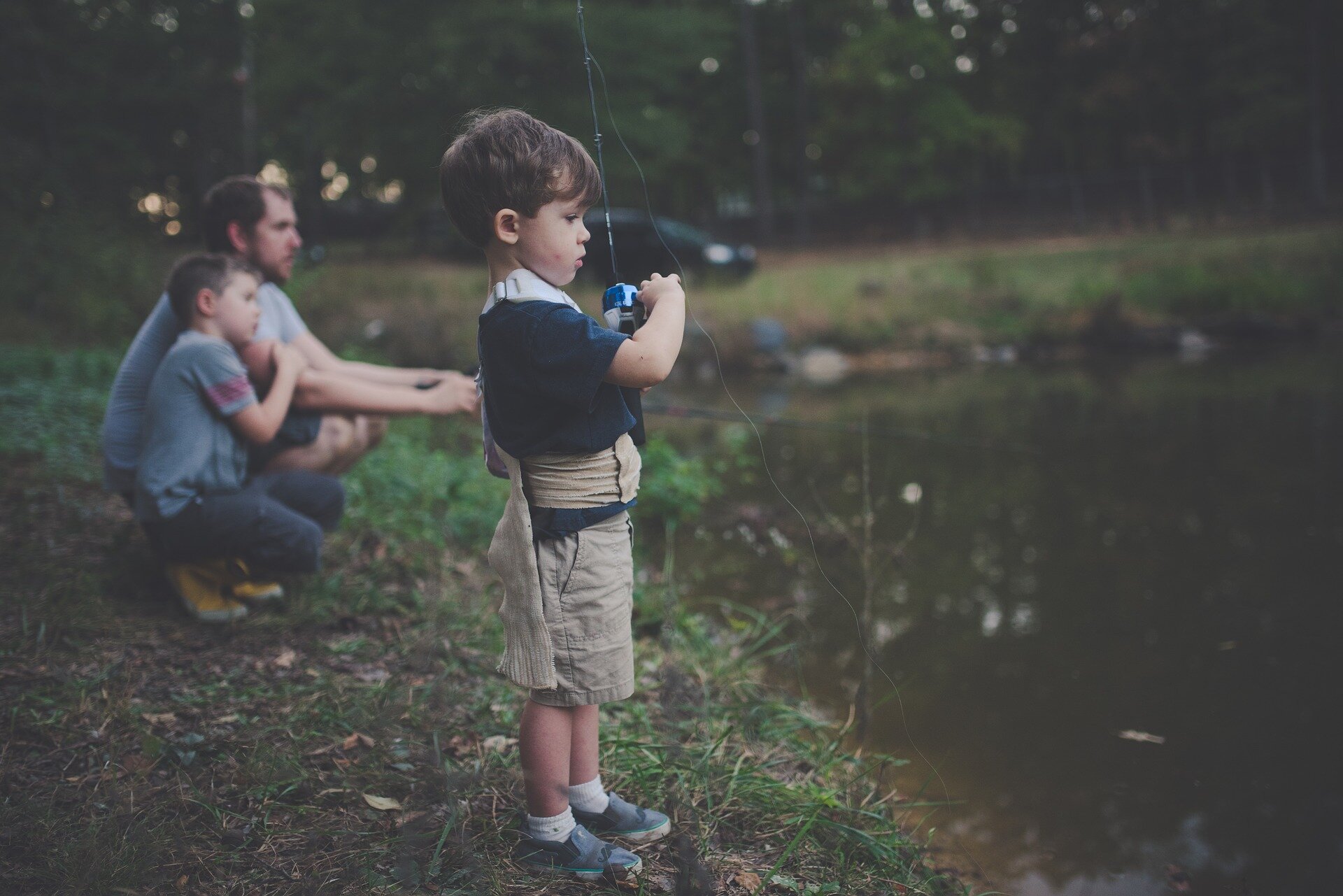Parenting Styles:
What is your's?
Authoritarian Parenting Style
These parents have a climate of hostility in their home which is manifest by frequent spanking, yelling, criticizing, directing, and forcing. These parents are not interested in negotiating and their main agenda is obedience.
These parents psychologically control children by communicating disinterest in what they have to say, discounting their feelings, attacking them in condescending or patronizing ways, inducing guilt, withdrawing love and/or displaying erratic emotional behavior (screaming, pouting, crying)
Authoritarian parenting is linked to children who exhibit aggressive, disruptive, delinquent, antisocial behavior and or they can be anxious, withdrawn, depressed or have eating disorders.
Children from authoritarian parents often follow the rules because they are afraid of the parent or the punishment but they do not learn the true lesson. It is just blind obedience
Authoritarian parents use punishments instead of discipline.
Children of authoritarian parents are at a higher risk of developing self-esteem problems because their opinions aren't valued.
They may also become hostile or aggressive. Rather than think about how to do things better in the future, they often focus on the anger they feel toward their parents. Since authoritarian parents are often strict, their children may grow to become good liars in an effort to avoid punishment.
Permissive parenting Style
Permissive parents are lenient. They often only step in when there's a serious problem.
They're quite forgiving and they adopt an attitude of "kids will be kids." When they do use consequences, they may not make those consequences stick. They might give privileges back if a child begs or they may allow a child to get out of time-out early if he promises to be good.
Parents set rules but rarely enforce them.
Parents don't give out consequences.
Parents think your child will learn best with little interference from you.
Parents indulge their children’s every whim and desire or neglect there children by leaving them to their own devices
Parents shirk their responsibility to lead, guide and discipline their children
Parents mistakenly believe children will flourish if unfettered by demands and restrictions.
Parenting focus is child-centered
Parents view children as having equal rights but few or no responsibilities
Parents avoid using authority. They impose few restrictions behavior expectations and consequences for misbehavior. Children make their own decisions
Children raised by permissive parents have less respect for others and have difficulty coping with frustration or delayed gratification, and do poor academically. They are more defiant and have higher rate of adolescent sexual activity and drug and alcohol abuse
Permissive parents usually take on more of a friend role than a parent role. They often encourage their children to talk with them about their problems, but they usually don't put much effort into discouraging poor choices or bad behavior.
Children raised with this parenting style tend to be impulsive, rebellious, aimless, domineering, aggressive and low in self-reliance, self-control and achievement. They are more likely to struggle academically. They may exhibit more behavioral problems as they don't appreciate authority and rules. They often have low self-esteem and may report a lot of sadness.
They're also at a higher risk for health problems, like obesity, because permissive parents struggle to limit junk food intake. They are even more likely to have dental cavities because permissive parents often don't enforce good habits, like ensuring a child brush his teeth.
D&C:25,28
25. And again, inasmuch as parents have children in Zion, or in any of her stakes which are organized, that teach them not to understand the doctrine of repentance, faith in Christ the Son of the living God, and of baptism and the gift of the Holy Ghost by the laying on of the hands, when eight years old, the sin be upon the heads of the parents.
28. And they shall also teach their children to pray, and to walk uprightly before the Lord.
Uninvolved Parenting Style
Uninvolved parents tend to have little knowledge of what their children are doing. They tend to be few rules. Children may not receive much guidance, nurturing, and parental attention. In this parenting style, parents are unresponsive, unavailable and rejecting.
Parents don't ask their child about school or homework.
Parents rarely know where their child is or who she/he is with.
Parents don't spend much time with their child.
Parents don’t go to their children events
Uninvolved parents want their children to raise themselves. They don't devote much time or energy into meeting children's needs, even feeding or dressing them. These parents can neglectful. They lack involvement or knowledge about their child’s development and growth. And sometimes, they're simply overwhelmed with other problems, like work, paying bills, and managing a household.
Sometimes parents because of mental health issues or substance abuse problems, often can’t take care of their a child's physical or emotional needs on a consistent basis. Therefor they become a neglectful parent.
Children from uninvolved parents have problems in school, do poorly in school, have behavioral problems and often have self-esteem issues or self confidence. They can seek other role models to substitute for the neglectful parent. They are generally very unhappy children.
Children want to have a family, they want to be loved and they want to have guidelines, rules and examples, even if they say they don’t. Emotionally they do. It shows that the parent cares.
Authoritative Parenting Style
These parents are nurturing, responsive, and supportive, yet set firm limits for their children. They attempt to control children's behavior by explaining rules, discussing, and reasoning. They listen to a child's viewpoint (validate, but don't have to accept it).
They allow kids to get involved in problem-solving challenges or obstacles. You put a lot of effort into creating and maintaining a positive relationship with your child.
Parents will explain the reasons behind their rules.
Parents will enforce rules and give consequences, but take their child's feelings into consideration.
Parents will foster a positive emotional connection with their children, they are warm responsive, and companionable
Parents place a fair and consistent limits on Childs behavior. This makes the child feel safe.
Rules and expectations are clear. When violated parents impose punishment with logical consequences that are tied to the misbehavior.
Disciplinary encounters are teaching (rather than punishing) moments to help children learn to regulate their own behavior. Reason and persuasion are used with younger children; parents take on more of a consultant role with older kids. What punishment do you think would be appropriate for this behavior?
Children are given reasonable autonomy in decision making
Authoritative parents have rules and they use consequences, but they also take their children's opinions into account. They validate their children's feelings, while also making it clear that the adults are ultimately in charge.
Authoritative parents invest time and energy into preventing behavior problems before they start. They also use positive discipline strategies to reinforce good behavior, like praise and reward systems.
Children raised with authoritative discipline tend to be happy and successful. They're also more likely to be good at making decisions and evaluating safety risks on their own.
Proverbs 22:6 Train up a child in the way he should go: and when he is old, he will not depart from it.
Influence vs control or Authoritative vs Authoritarian
Often times we struggle even when our children don’t follow the rules or go astray even when we are Authoritative parents. Remember you are in good company: Adam and eve, Lehi and Sariah, Heavenly Father …
With dedication and commitment to being the best parent you can be, you can maintain a positive relationship with your child while still establishing your authority in a healthy manner. And over time, your child will reap the benefits of your authoritative style.
Remember every child who is born in mortality is the offspring of God. He, too, has a vested interest in saving His posterity.
9 principles for successful parenting
Faith
Prayer
Repentance
Forgiveness
Respect
Love (unconditionally) patience, kindness, gentleness, unselfishness, and humility
Compassion
Work (work alongside your children)
Recreation
““Until next week May the light of the savior shine in your relationships and bring you joy each and every day.””


